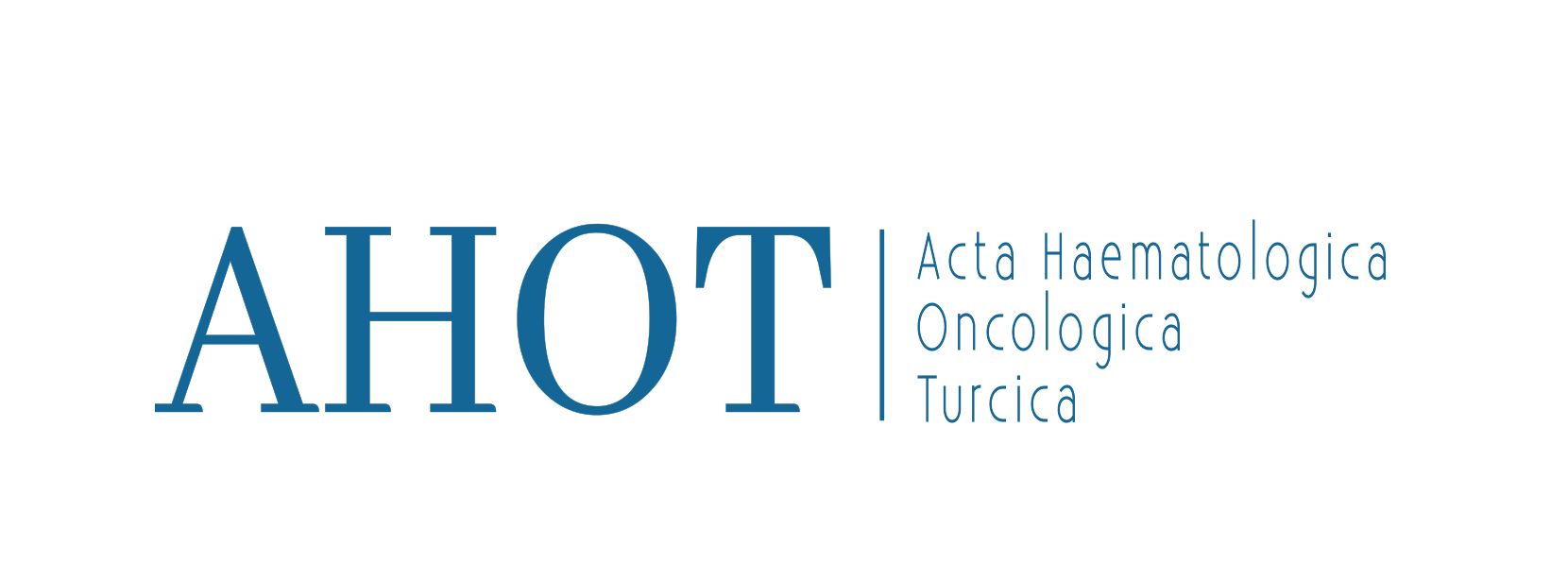Abstract
Introduction: To evaluate the success and complications rates after Provox speech prosthesis application.Patients and Methods: A retrospective review was carried out from 2006 to 2010 in data of 58 patients that underwent Provox voice prothesis after total laryngectomy and followed up adequately in first the Ear, Nose and Throat Clinic of Haseki Training and Research Hospital. The age of the patients ranged between 41 and 68 years (mean age 55,42). There were 54 male and four female patients. Fourty-two of the patients had received postoperative radiotherapy. Mean duration of follow-up patients was 19.2 months (18-44 months). Speech rate and quality of patients, complications, frequency of prostheses changes and causes were evaluated. Results: Provox voice prostheses in 51 (87.9%) of the 58 patients provided smooth and clear speech. In five of seven patients, conversation could not be obtained. In two patients, may burst sound, but could not speak. The maximum phonation time in patients with postoperative first month on the average 15.2 ± 1.6 second and in one breath the maximum count was calculated as 33 ± 3.1. Earliest and latest prosthesis replacement months were 3 and 17, respectively with an average of 7.3 months. The most frequent complication was leakage around the prosthesis. Conclusion: The high rate of speech can be obtained Provox voice prosthesis without serious complications. It is a tool that can be applied in practice.



